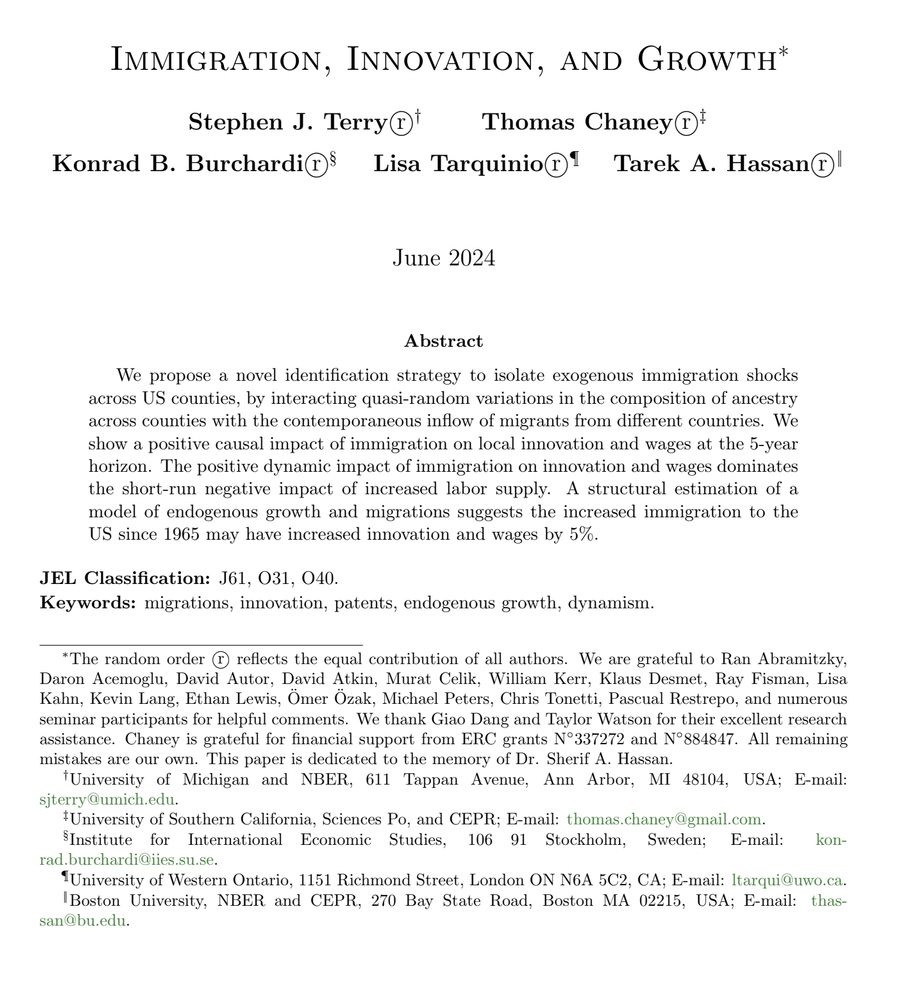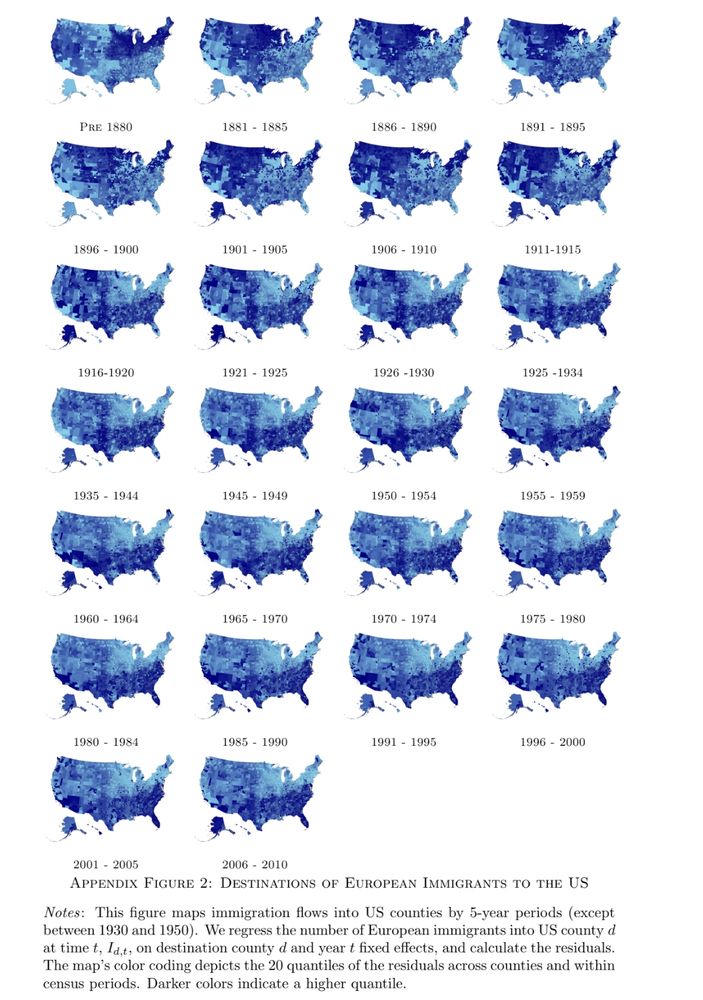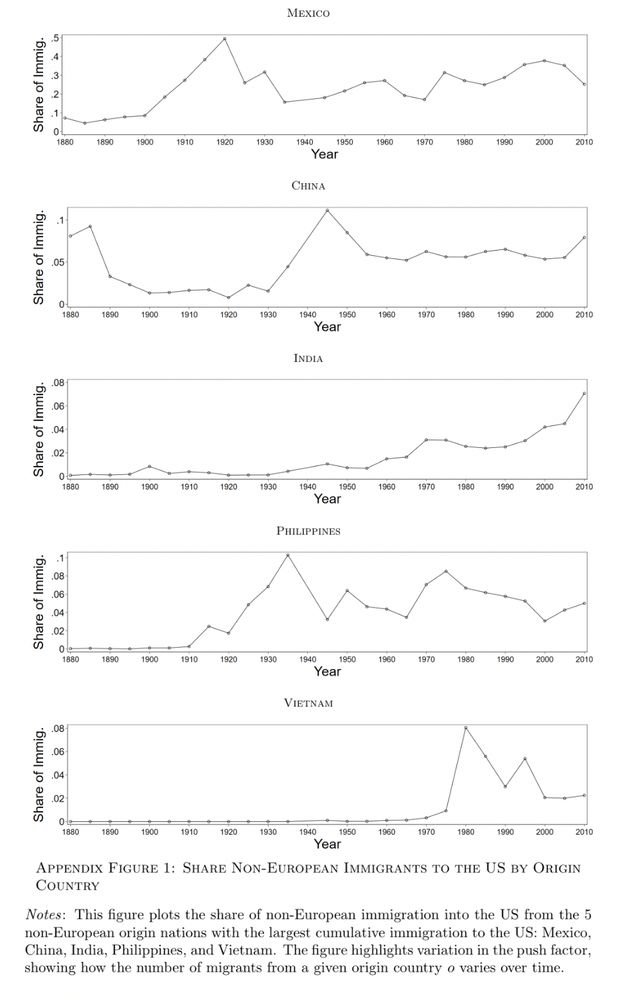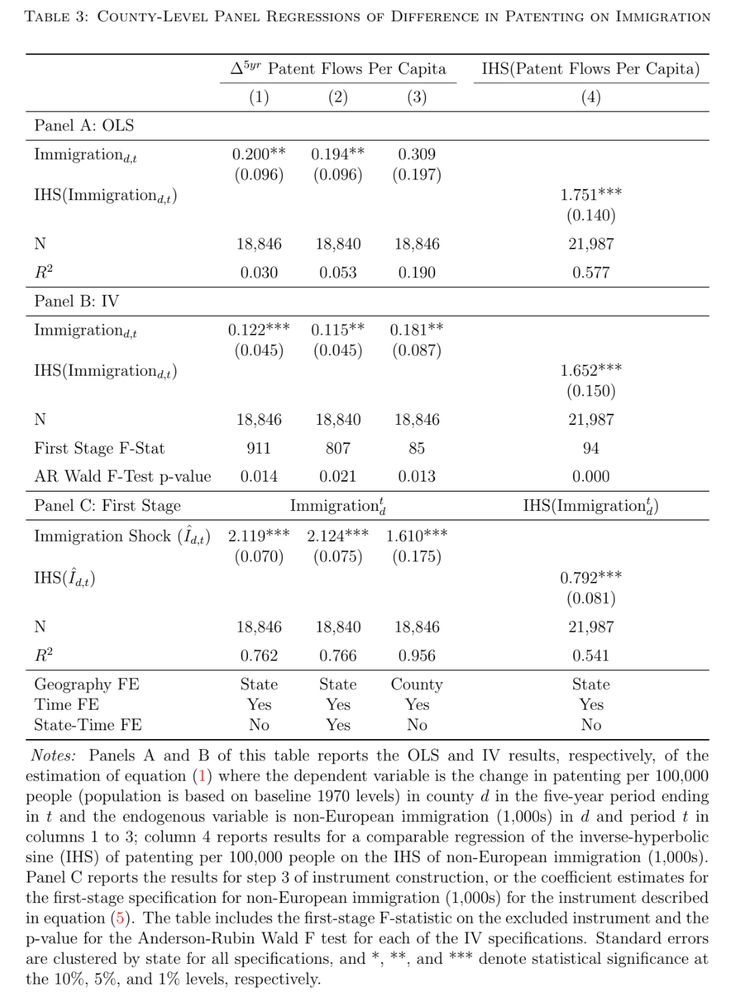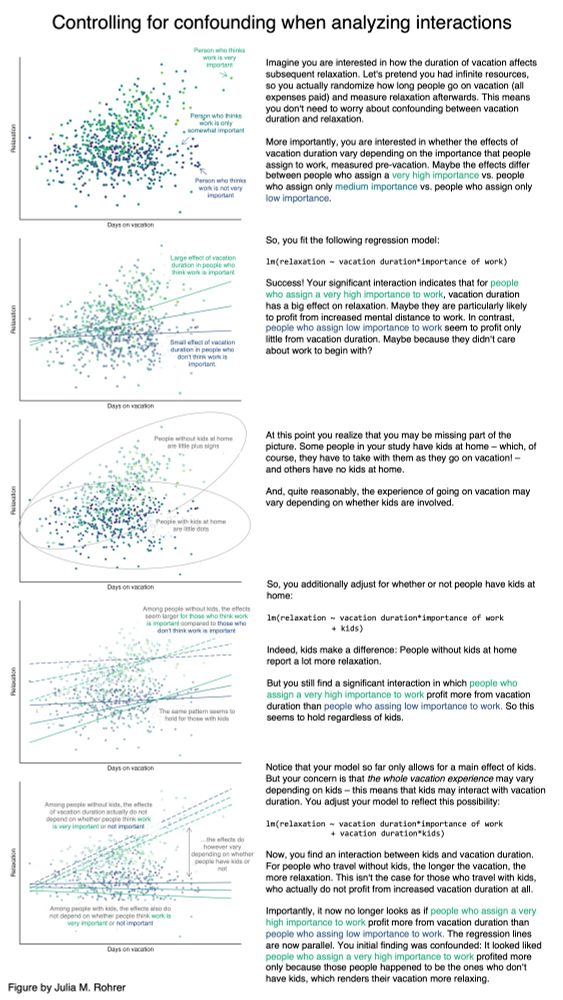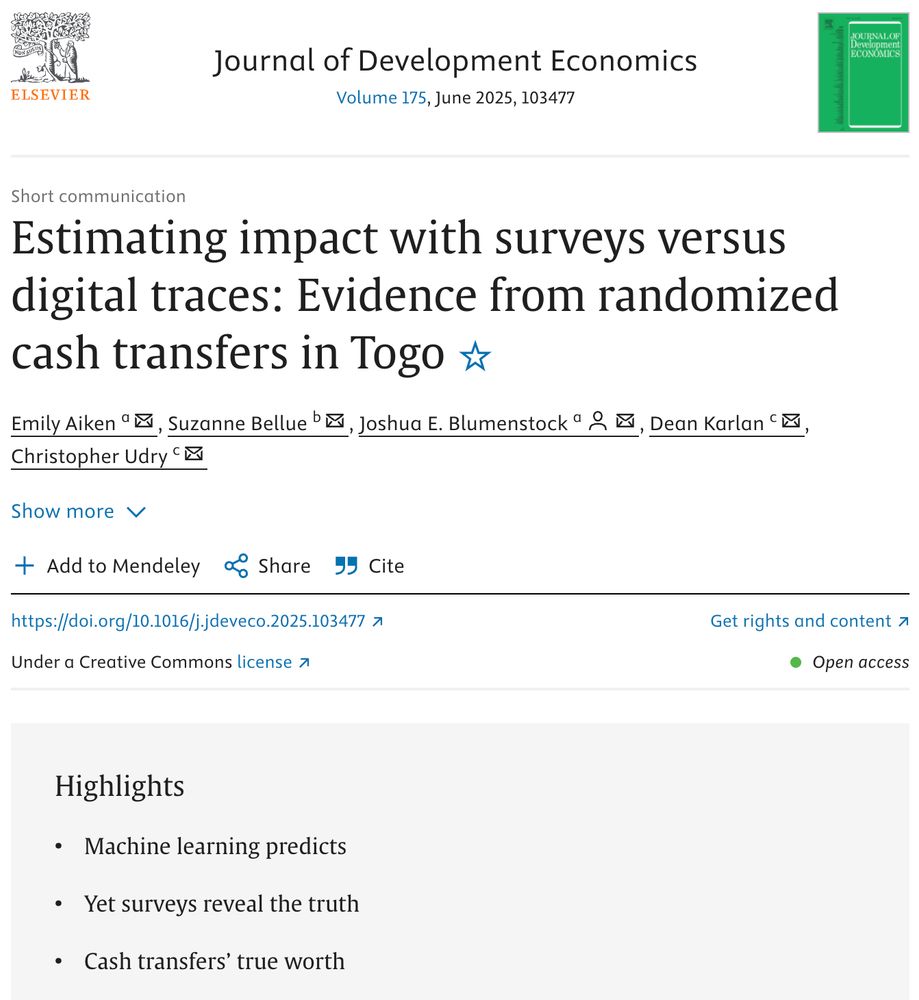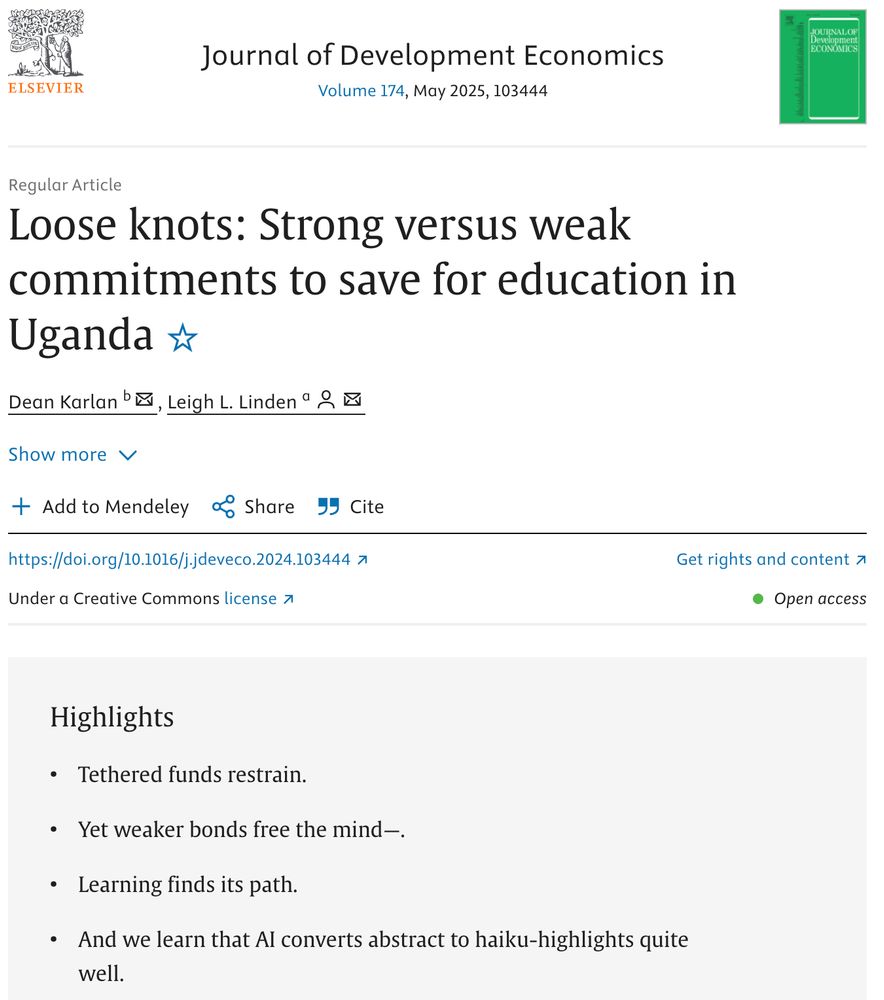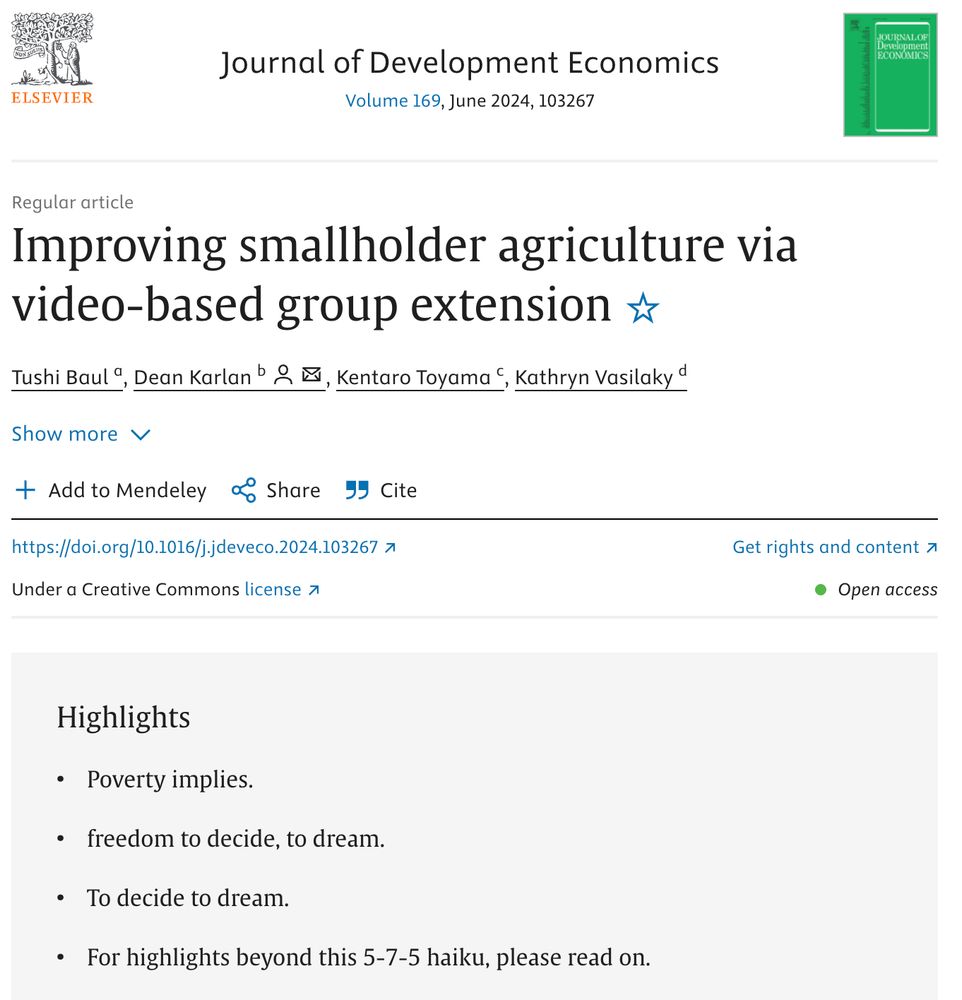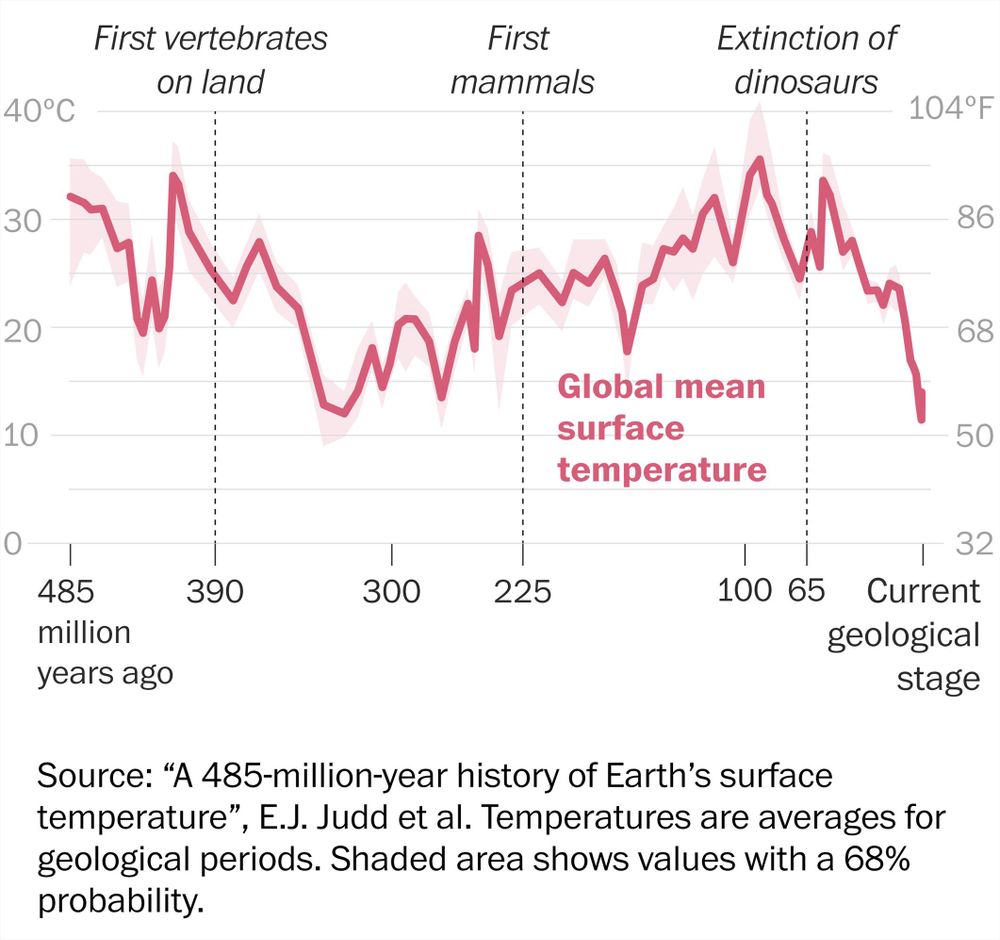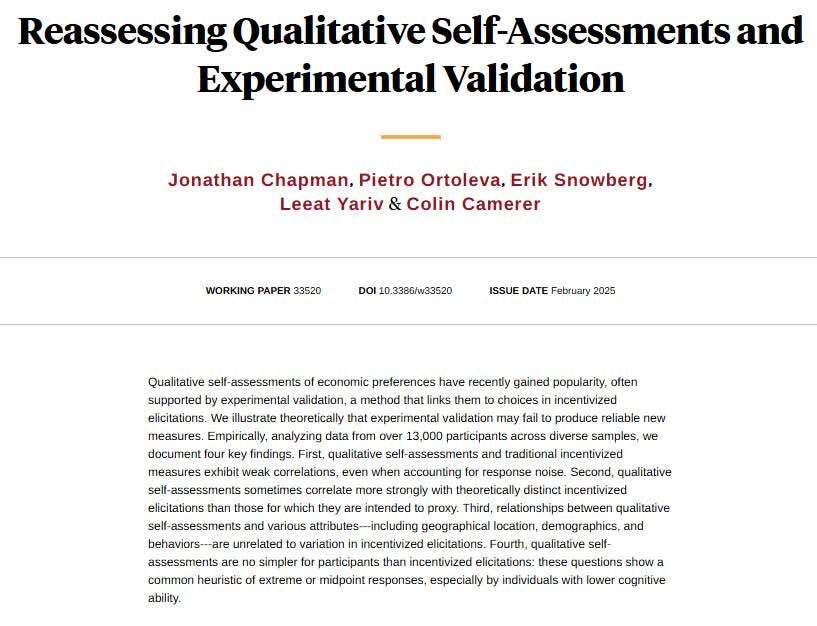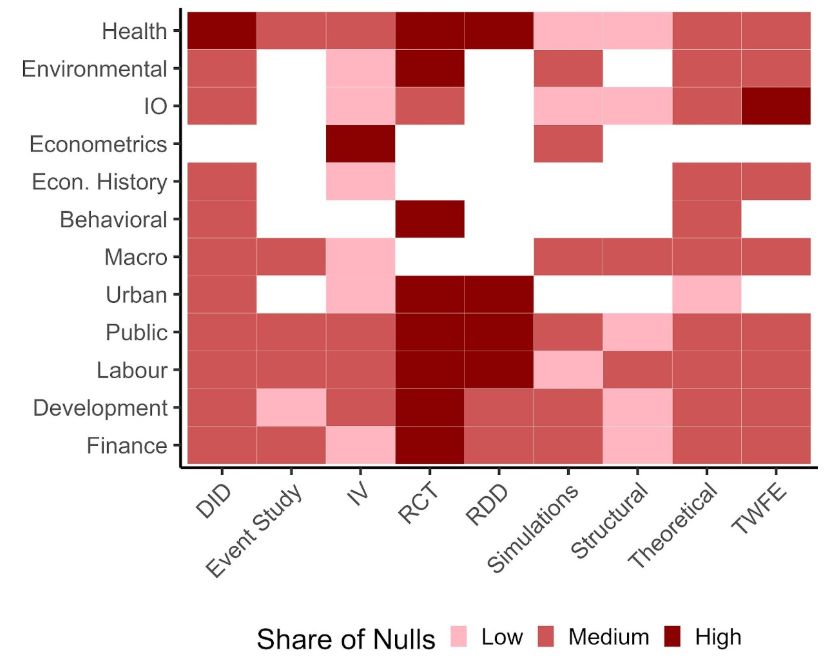Muhammed Bulutay
@mvbulutay.bsky.social
200 followers
360 following
45 posts
Postdoc at Heidelberg University.
I am a behavioral economist who works on topics related to information and expectations, using experimental methods.
https://www.muhammedbulutay.com/
Posts
Media
Videos
Starter Packs
Pinned
Reposted by Muhammed Bulutay
Reposted by Muhammed Bulutay
Muhammed Bulutay
@mvbulutay.bsky.social
· Apr 24
Muhammed Bulutay
@mvbulutay.bsky.social
· Apr 24
Reposted by Muhammed Bulutay
Reposted by Muhammed Bulutay
Reposted by Muhammed Bulutay
Reposted by Muhammed Bulutay
Reposted by Muhammed Bulutay
Reposted by Muhammed Bulutay
Muhammed Bulutay
@mvbulutay.bsky.social
· Feb 25
Reposted by Muhammed Bulutay


